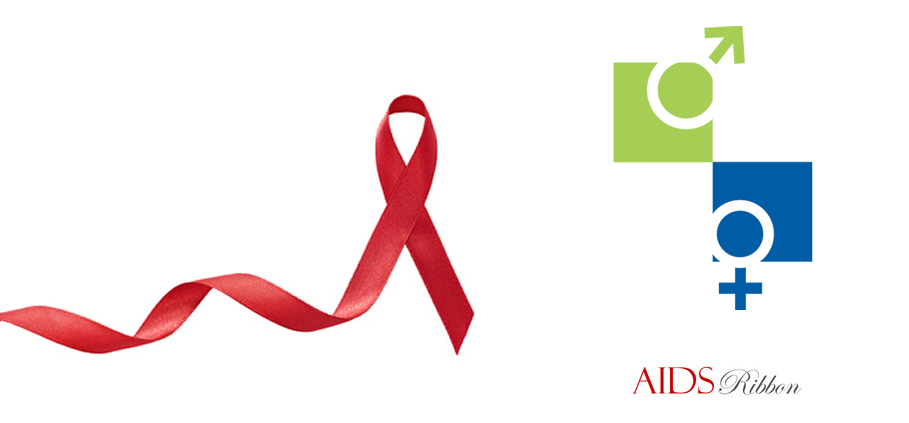Latest News
The Body as a Mirror of Mind and Soul
Anastasios D. Kalantzis, Surgeon Urologist-Andrologist
In the recent years, more and more we hear the term psychosomatic diseases or psychosomatic syndrome etc. With this term we refer to conditions of general pathology which are caused by conscious or unconscious psychological factors and concern all medical fields.
The psychosomatic diseases are no less important than the diseases whose causes are purely organic and physical. Our body is inseparably bonded with our soul and mind. Feelings and situations that we experience but we cannot express verbally, which are either repressed or they are not yet conscious, most of the times manifest themselves through physical symptoms.
There are cases in which the opposite happens. The general medical condition itself, i.e. some organic cause, results in mood disorders. Like in Parkinson's disease, where the lack of dopamine creates the disposition for a depressive behavior, while in Huntington's and Alzheimer's diseases the mood and personality disorders are mainly caused by the cerebral degeneration and not the patient's disappointment for the condition of their health. In the same category are included lack of Vitamin B12, endocrinopathies (e.g. thyroidopathy), infections (e.g. AIDS) etc.
Throughout the largest part of history, diseases were attributed to magic and unknown phenomena, such as sinful thinking, possession by bad spirits and the will of vindictive gods. The onset of western medicine is identified and dated in Ancient Greece, with Hippocrates setting the foundations of rational medicine, by setting it free from metaphysical elements, fallacies, demonologies and superstitions of the era. Galen was another important figure of medical science, as he based diagnosis on direct observation, anatomy and physiology. In the 15th century, the Renaissance introduced cognitivism and rationalism in the medical field. The bio-medical model of the disease, which for many years was a paradigm of axiomatic nature, is deeply rooted in the philosophical theories of reductionism and dualism. It is reductionistic since it considers that any process that results in a disease can be understood if reduced and analyzed to its simplest but most basic elements. It is also dualistic because it does not interpret the role that the psychological and social processes play in the causality and progress of the disease, but rather considers the physical irrelevant to and independent from the psychological factors.
In the middle of the 20th century, Dunbar and Alexander set the path for the development of psychosomatic medicine, by connecting personality traits with certain diseases. Until recently, psychologists were involved almost exclusively with the soul. The concervation of the bio-medical model of the disease had almost excluded the participation of social sciences from the treatment of health issues. The biopsychosocial model of health was introduced by the psychiatrist George Engel in 1977. The term biopsychosocial itself puts the emphasis on the fact that all three factors, the biological, the psychological and the sociological, are equivalent coefficients of health.
The rapid development of social sciences, the relevant change of attitudes towards health matters, the questioning of the efficiency of traditional medicine and the search for low cost therapeutic interventions were, among others, the major factors that led to the development of health psychology. In the last forty years, psychologists have been starting the relationship between the psychological disorder with the body and applying the psychological principles in the field of health. The work of the psychology of health has expanded significantly and now includes matters regarding achieving and maintaining physical health and well-being.
Conditions and states such as neck pain, for example, are often related to anxiety and stress and are somatized communication land rechanneling of emotions or psychological conflicts of the individual.
The American Psychiatric Association (APA) has drawn a (rather incomplete) list in which the psychosomatic diseases are classified in the following ten categories:
> Dermatological: neurodermatitis, allergic dermatitis, eczema, hair loss etc.
> Musculoskeletal: back pains, cramps, nerve pains, tension headache, rheumatoid arthritis etc.
> Respiratory: asthma, recurrent bronchitis etc.
> Circulatory: high blood pressure, tachycardia, other heart diseases such as coronary stenosis, migraines etc.
> Haematological: blood disorders such as increased coagulation and symphatic system disorders.
> Gastrointestinal/Digestive: ulcer, gastritis, spastic colitis etc.
> Genitourinary: menstrual cycle disorders, lack of sexual interest, psychosexual disorders etc.
> Endocrinal: hyperthyroidism, psychogenetic vrachysomia, diabetes mellitus etc.
> Sense organs disorders: psychogenetic pain etc.
> Disorders of the central nervous system, where the emotional factor plays a significant role, such as multiple sclerosis etc.
Furthermore, many urological conditions could also be included in the ASA list.
One of these, the urethral syndrome, is a condition which could be considered also as a psychosomatic syndrome. It characterized by several symptoms, day urinary frequency, urgency to urinate, dysuria and, less often, suprapubic pain (feeling of discomfort in the lower abdominal area) and urethral pain. In some cases, the intensity of symptoms is connected with menstruation.
This syndrome is observed in women of fertile age and more rarely in younger individuals. Many times its onset is a urinary tract infection (UTI).
Diagnosis is achieved by exclusion and a thorough examination is required before a psychological background causality is suggested. The theory of the syndrome somatization is based on the fact that a large number of women suffering from this syndrome have also intense psychological problems such as anxiety, stress, hysteria, psychopathy etc..
The erectile dysfunction could also be included in the above list. Among men with erectile dysfunction the causes vary considerably. Its causes may be physical, psychological or a combination of both.
Apart from any physical causes (vascular, neurogenic, hormonal, chronic diseases, use of medical substances, infections, undercurrent malignant conditions of the lower urinary system), there are also psychogenic factors such as stress, depression, guilt, lack of knowledge and experience in younger individuals, performance anxiety, marital problems, lack of response from the sexual partner etc., that affect men and result in the development of erectile and sexual disorders and dysfunctions.
Sexual desire disorder, orgasm disorder (anorgasmia), sexual pain disorder (dyspareunia) and urination disorders are conditions whose causes are often attributed to psychological factors.
The human psychological and physical health is related with some factors mentioned by Siegel in his books: peace (which means acceptance of ourselves and the world), love, hope, openness to joy, responsibility to ourselves, relaxation, expression of our authentic emotions (this means that we have learnt to recognize and understand our feelings) and harmonious relationships with the others.




